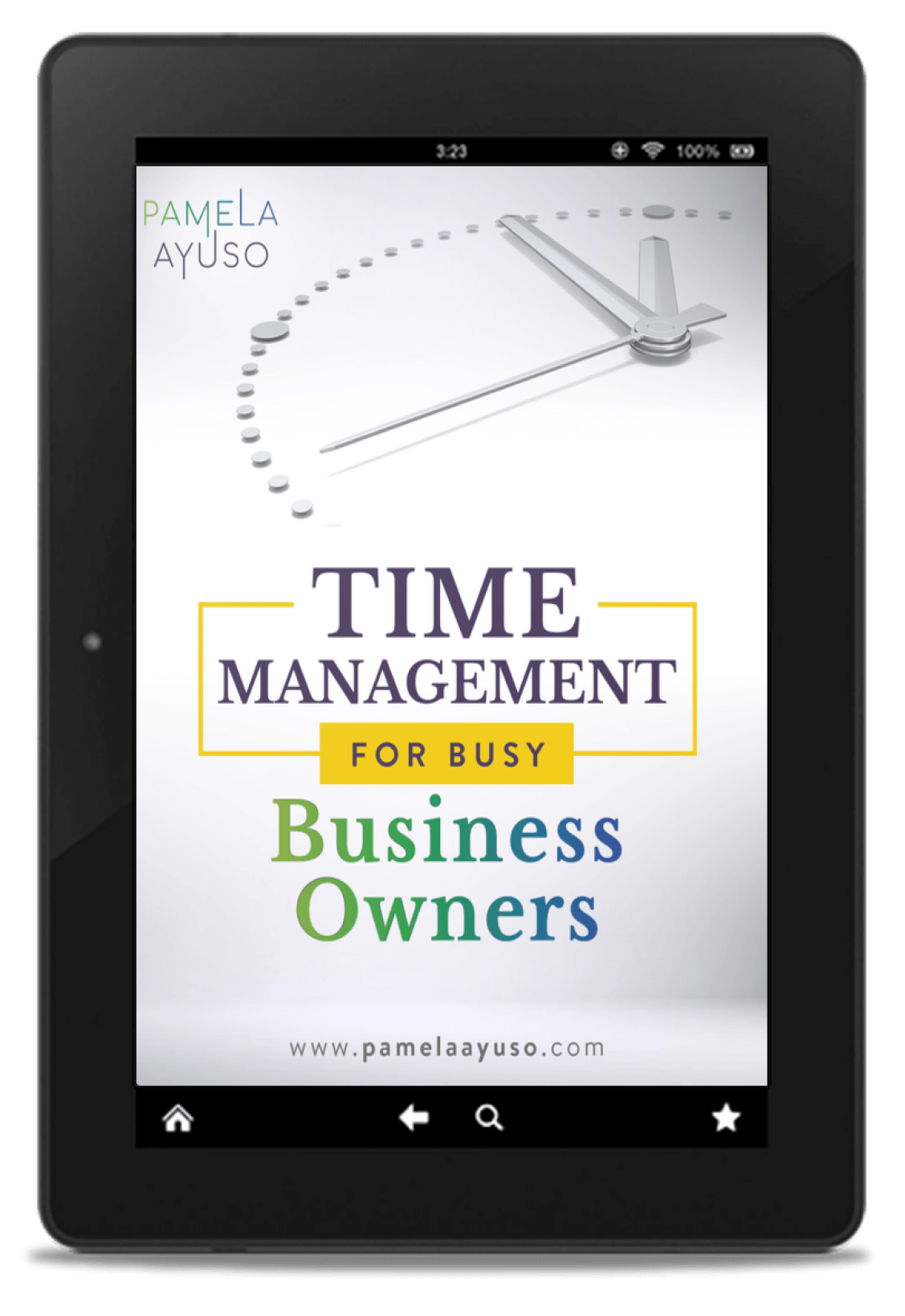Last year, as I was researching material for my book, I read for the first time about designing resilient organizations. I started experimenting with the concept, thinking that it would be good for my company, Celaque, to be able to withstand adverse events. Although I never imagined we would be facing a global pandemic the following year, it has only come to underline the importance of thinking about resilience as we work with our companies.
Brian Walker, author of Resilience Thinking: Sustaining Ecosystems and People in a Changing World (public library) defines resilience as:
The capacity of a system to absorb disturbance and still retain its basic function and structure.
![[Photo: Jan Kronies/Unsplash]](https://www.pamelaayuso.com/wp-content/uploads/2021/01/jan-kronies-u2NViso-slE-unsplash.jpg)
[Photo: Jan Kronies/Unsplash]
Benefits
Resilient companies will be able to respond to changes without losing the ability to operate. All companies go through ups and downs: a vital member of the team may leave or go on maternity leave, or maybe one area of your business is growing at an accelerated pace, and you do not have enough trained people to deal with the momentum. There is also, of course, the probability of a severe crisis – such as a global pandemic.
Resilient companies can reorganize quickly in a way that is not disruptive to their goals and objectives. It might not be easy, but the company can keep operating.
A resilient company can also evolve with changes so that over time it grows and adapts as the world that it inhabits changes. Therefore, the company might learn that it is better to create new roles or teams or that it needs to make changes in its physical location. Resilient teams self-organize to improve how they respond to the world.
How to be resilient
Now more than ever, it is vital to take the time to ensure our companies can continue into the future and even thrive with change. These are some ways to increase resilience within your company:
-
Have redundancy wherever possible and nurture your networks: this includes your suppliers, people trained for a specific role, how your work flows, etc. Increasing redundancy will decrease a company’s efficiency, so organizations tend to avoid it. Yet if you nurture resilience, your company will be able to evolve in a way that if someone must take a leave of absence, someone else can step in. You will also have more than one supplier in case one of your of them cannot work with you temporarily. With redundancy, you will always have backup options that will keep you operating.
-
Open communication: make sure everybody has the tools and information to be able to do the work. It has been my experience that if you default to being open with your communication, you will ensure that everyone can make the same quality decisions, not just the leader of the company. With enough information, people can act quickly when incoming data is showing them that they need to make a change, and they can make better decisions.
-
Document your business processes and policies: if your processes are documented in a way that a trained professional will understand them, new people can easily step into those roles and manage them as well as anybody else. Similarly, document your policies and how the company works generally so that you do not have to reinvent the wheel every time you come across a problem. You will have set standards for how you operate, which can be easily used by any professional on your team.
-
Autonomy: When people in the frontlines have the autonomy to respond to changes, the information does not have to travel to a centralized decision-making body, which will inevitably take more time. If the company can move quickly and reorganize easily to respond to what is happening outside, it can adapt and keep operating on the inside.
-
Experimentation: By encouraging innovation, a company will increase its resilience. We do not always have the answers, and sometimes, the only way to find them is through trial and error. As an innovative mindset becomes part of the culture and people find new ways to solve problems and improve the company’s products and how it operates, it will be better able to evolve and adapt to shocks.
![[Photo: Alex Hawthorne/Unsplash]](https://www.pamelaayuso.com/wp-content/uploads/2021/01/alex-hawthorne-cQxwarmp4ag-unsplash.jpg)
[Photo: Alex Hawthorne/Unsplash]
The changes we experience in companies are an opportunity to question how resilient they are and how we can improve how we manage them. Let us take these chances to design and build more durable organizations.
Walker, Brian. Resilience Thinking: Sustaining Ecosystems and People in a Changing World. Island Press, August 22, 2006. E-book.



